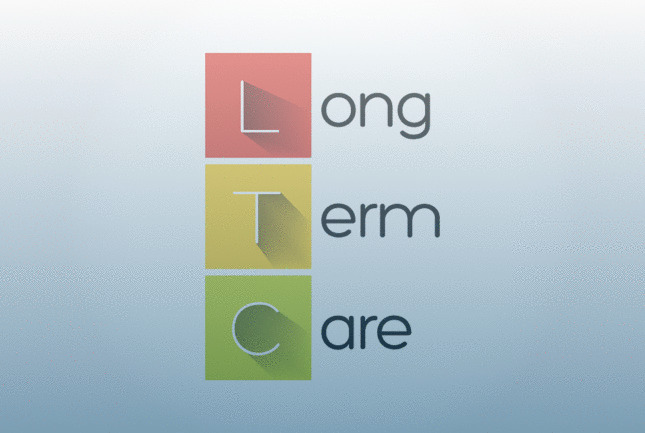As life expectancies increase, you may be one of many seniors who will need extra help with everyday activities as you age. You may think that Medicare will help cover long-term care (LTC) costs. In fact, Medicare does not cover most costs associated with LTC.
It’s difficult to predict your chances of needing LTC, or how long you may need it. Costs can quickly deplete the savings and assets you worked so hard for. It’s important to understand what Medicare covers and what other financial resources might be available.
What is Long Term Care and What Does Medicare Cover
Long Term Care is a term that covers a range of services, both medical and non-medical; Medicare generally doesn’t cover long-term care except in certain circumstances. LTC can be provided in a variety of settings and that will also determine what Medicare covers.
In Home Care
Care is provided in the home, usually by family members or personal care aides. Custodial or personal care is not covered by Medicare as it does not involve any medical care.
Medicare might help with costs related to some medical care provided in the home. These include:
- Skilled nursing care such as changing wound dressings, feeding through a tube, and injecting medicine, on a part-time or intermittent basis.
- Home health aides to assist with some personal care to your illness or injury. These are covered only if you also are getting skilled nursing or therapy.
- Occupational, physical and speech therapy to restore or improve your ability to perform everyday tasks, speak or walk in the aftermath of an illness or injury.
- Medical social services such as counseling for social or emotional concerns related to your illness or injury if you’re receiving skilled care.
- Medical supplies such as catheters and wound dressings related to your condition when your home health agency provides them.
Medicare Advantage plans might offer some benefits for LTC in the home. These could include transportation to medical appointments and meal delivery.
Assisted Living
This is also known as residential care. Assisted living residents may have some medical needs, and may require some assistance with personal care, but they do not require around the clock nursing care or supervision.
Most assisted living costs are covered by the resident. Medicare will contribute to the medical costs incurred in an assisted living facility, such as wound care administered by a registered nurse or doctor but will not pay toward custodial care or room and board.
Nursing Home
This level of care is usually provided in a skilled nursing facility. These are usually people living with chronic health conditions that prevent them from performing the Activities of Daily Living. These include personal hygiene, dressing, eating, maintaining continence and transferring/mobility. Most nursing home care is considered custodial care and is not covered by Medicare.
Medicare may cover a maximum of 100 days of services in a skilled nursing facility after a hospital stay. Coverage is designed to assist people during a short-term recovery; Medicare does not cover 100% of costs. You may qualify if you meet all these conditions:
- You’ve been admitted to the hospital for at least three days.
- You’re admitted to a Medicare-certified nursing facility within 30 days of being in a hospital inpatient.
- You need skilled medical care such as skilled nursing, physical therapy, or specialized treatments
Other Financial Resources are Available
- Medicaid- you may qualify if you have limited assets and income. Benefits and requirements vary by state.
- Veteran’s benefits- Aid & Attendance is a need-based benefit offered to eligible veterans. This monthly stipend may be used to cover the cost of a long-term care or assisted living facility for those who qualify.
- Long Term Care Insurance- every policy has different requirements so it’s important to understand what coverage is being offered, along with the elimination period and reimbursement amount before purchasing a policy.
- Life Insurance Policies
- Accelerated Death Benefit- some policies allow the policy holder an advance on the death benefit while they are still alive. There are certain criteria that must be met.
- Life Settlements- the policyholder can sell their policy to a third-party company for a lump sum. You should always proceed with caution and make sure you are dealing with properly licensed entities.
- Reverse Mortgage- this is a type of loan that allows a homeowner, who is 62 or older to borrow against the value of their home. It’s important to fully understand the details of how reverse mortgages work, including any negative consequences for you and your family before proceeding.
Do you need help understanding your coverage and options? Contact Us today. Our knowledgeable and experienced team is here to help.

